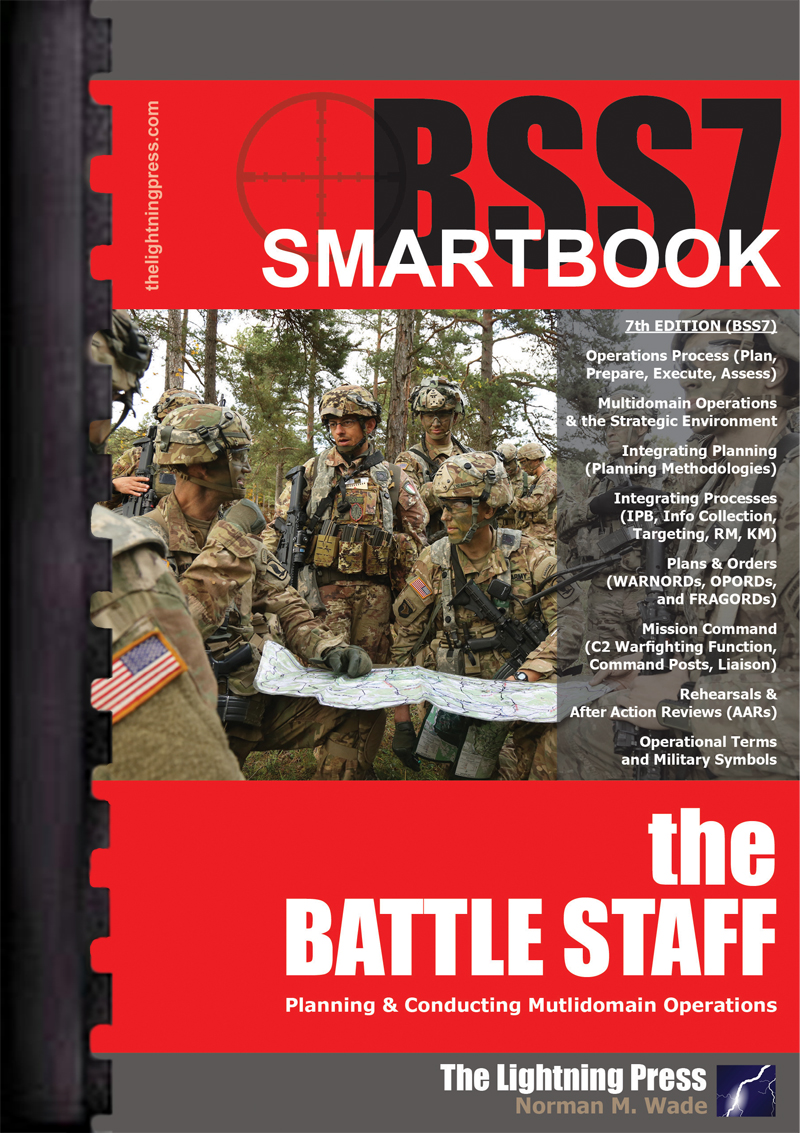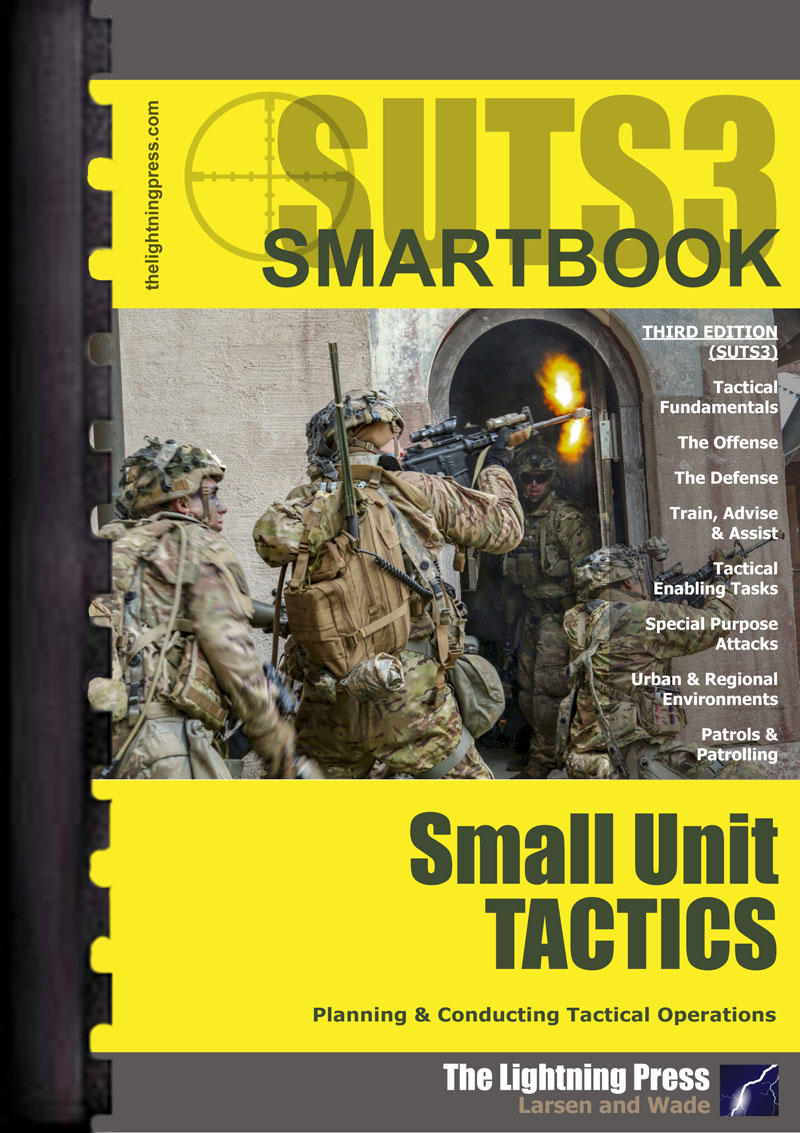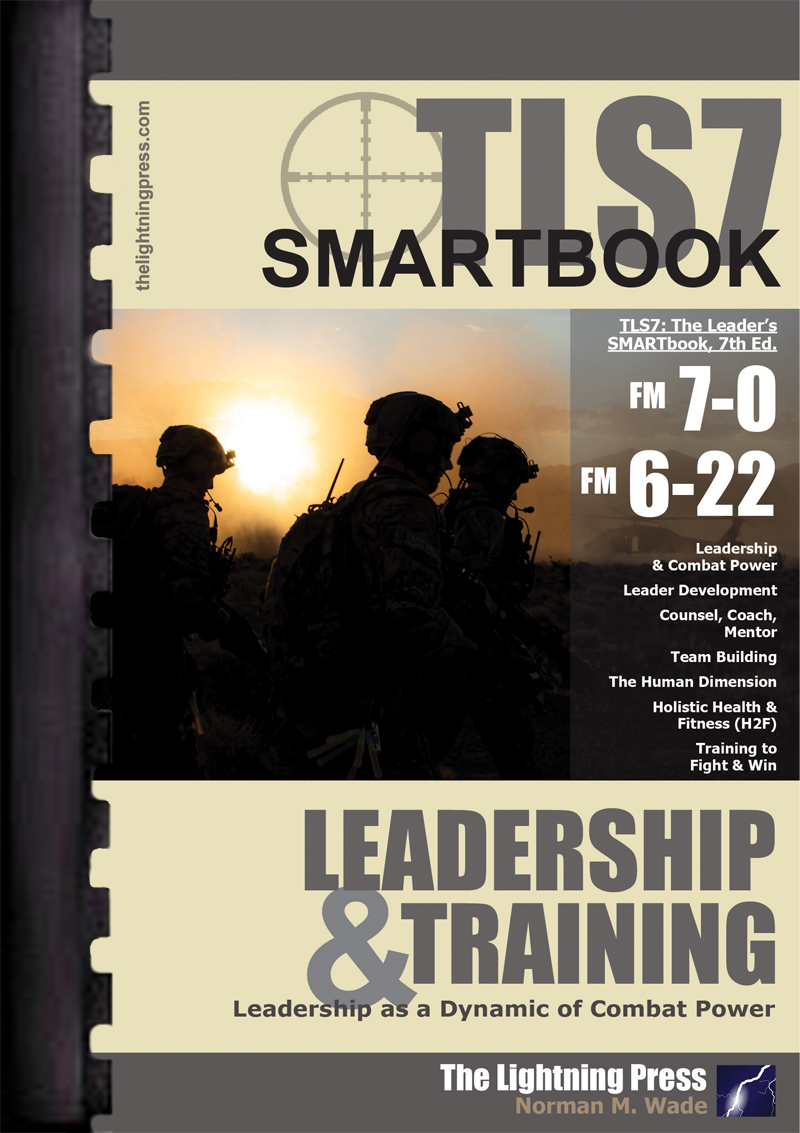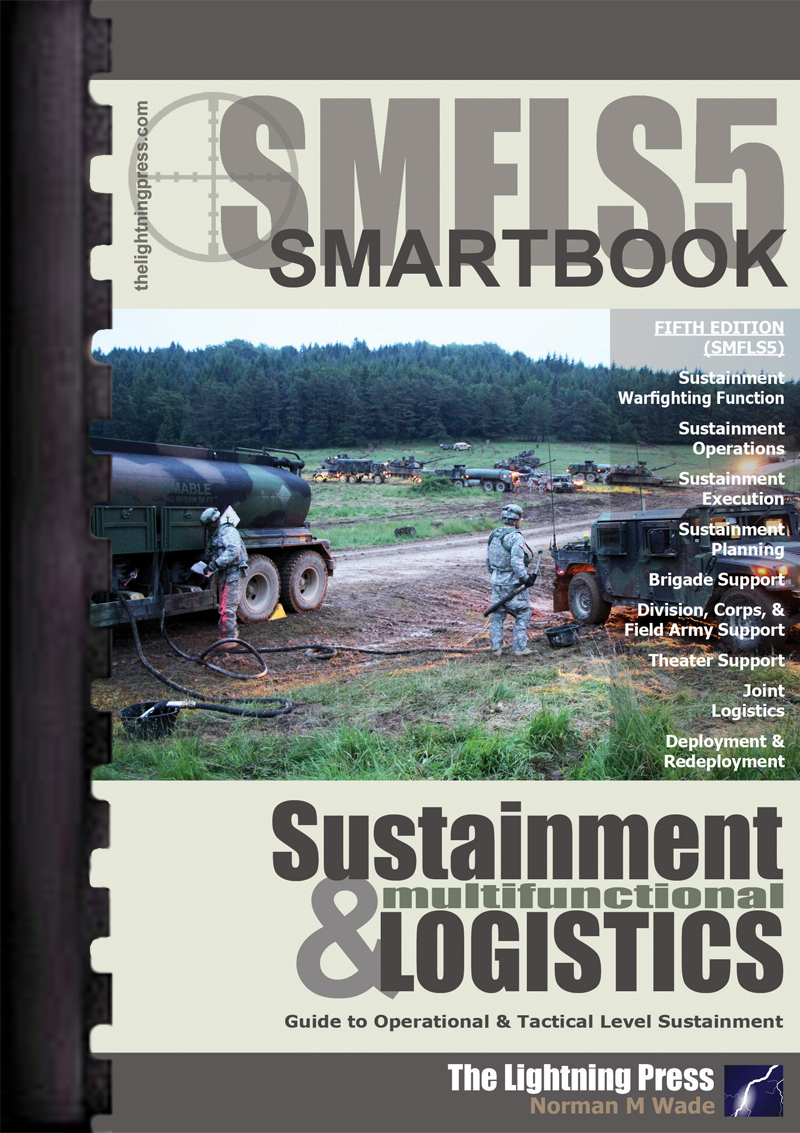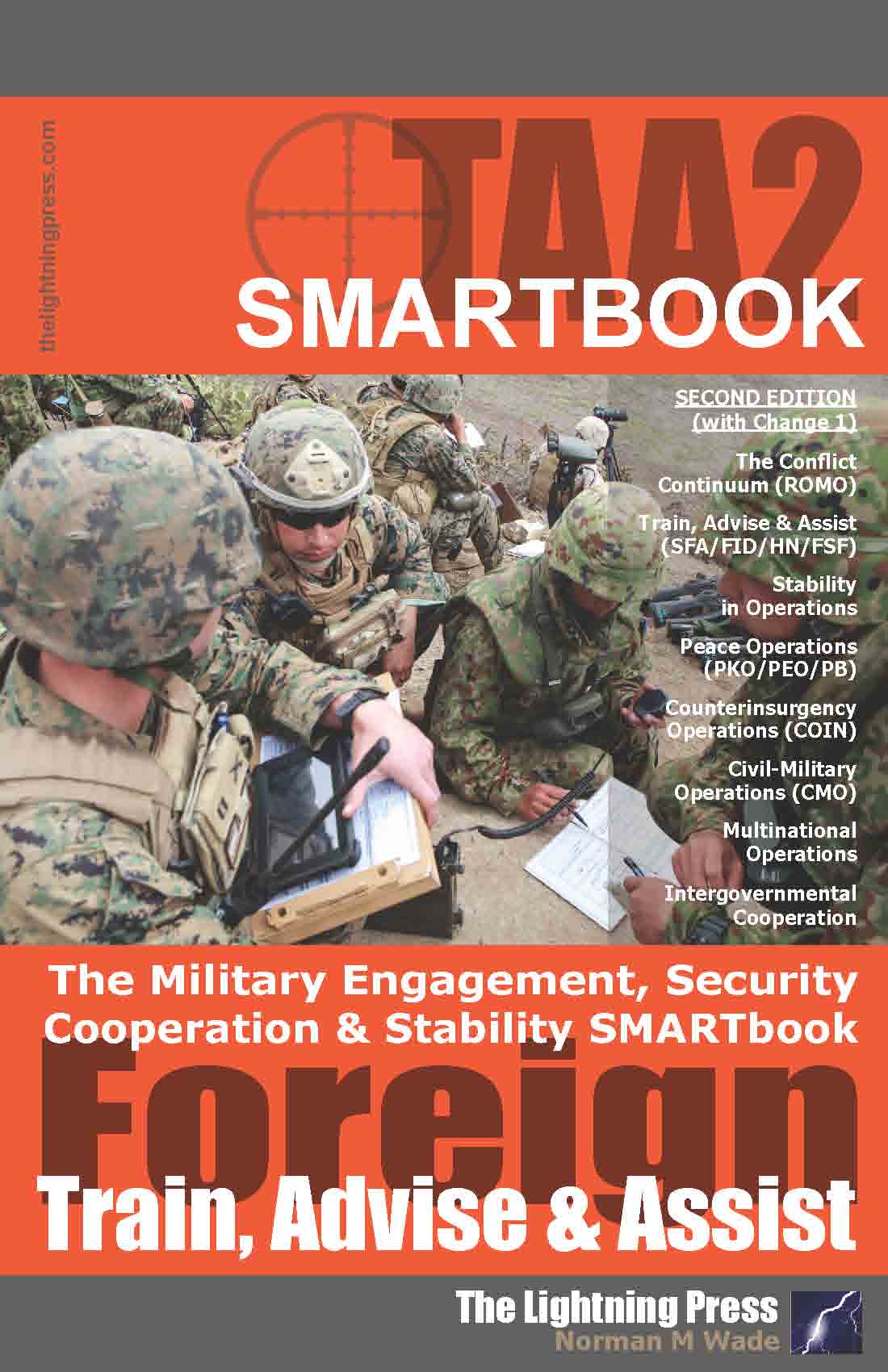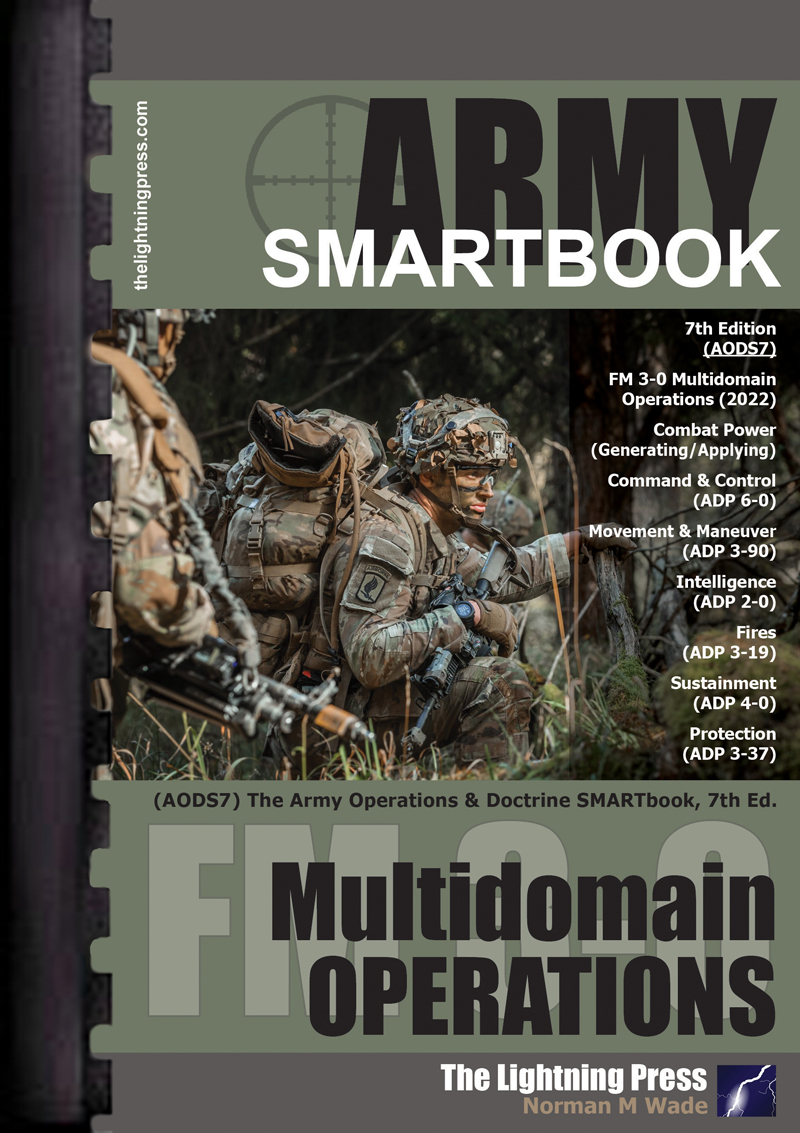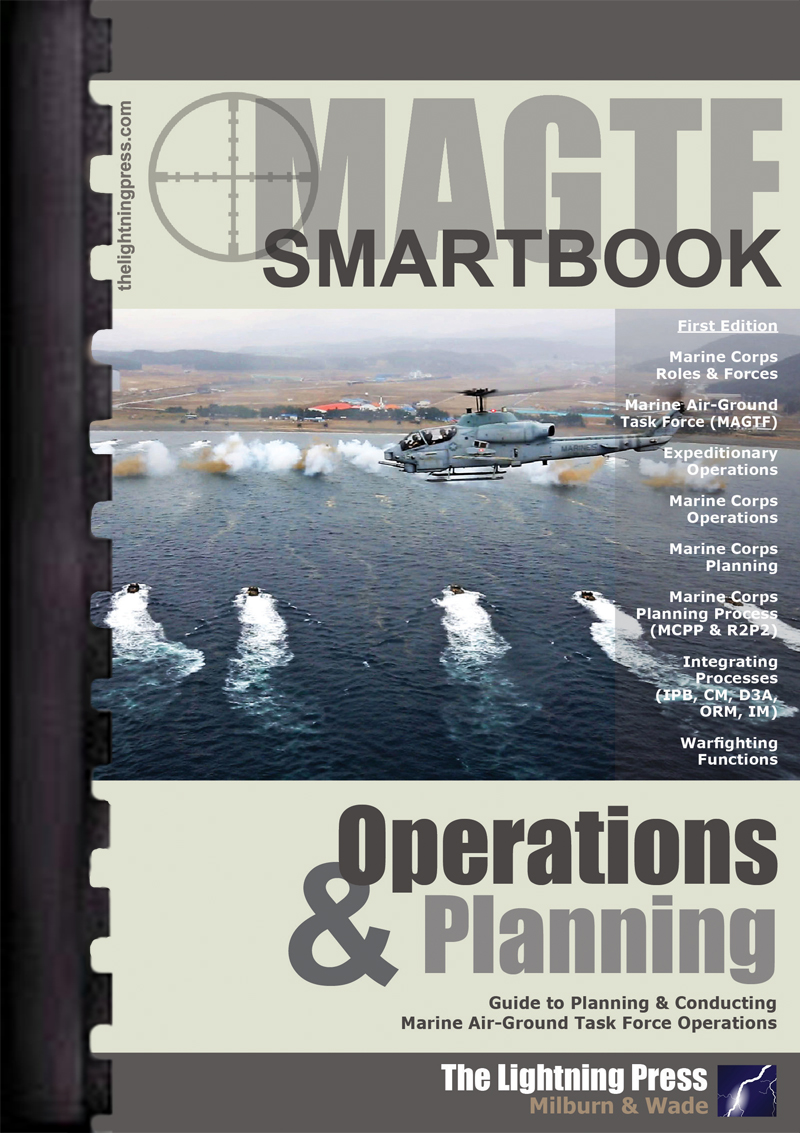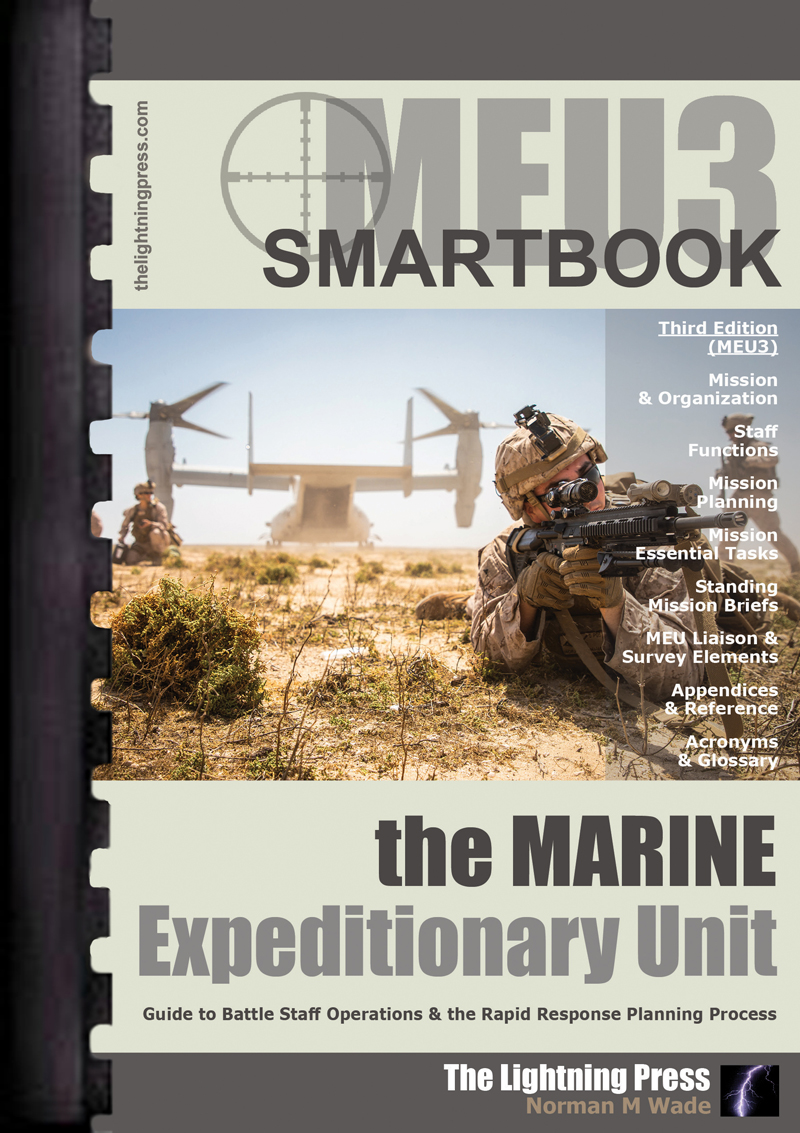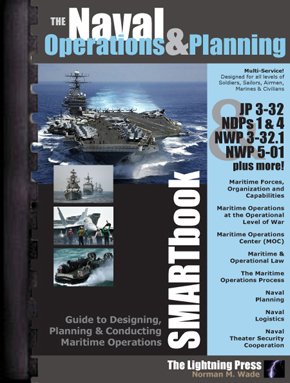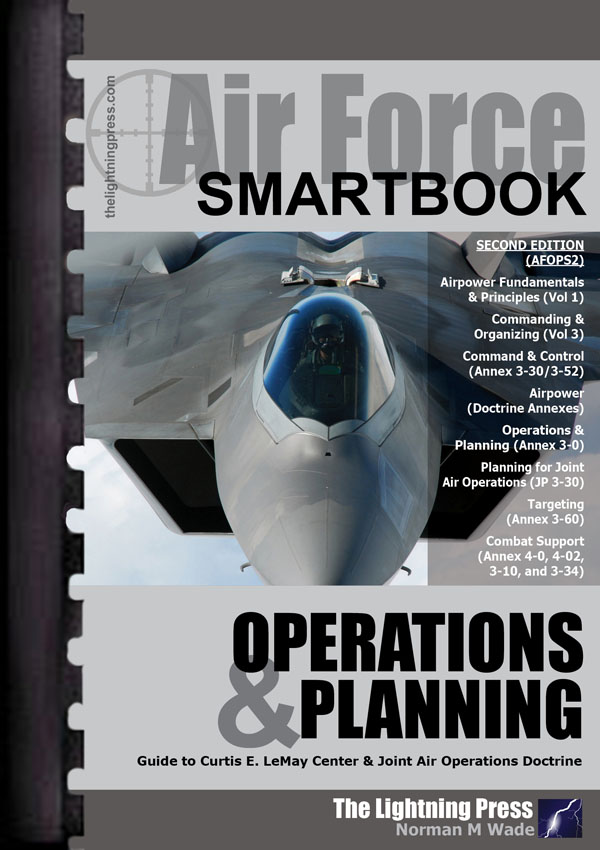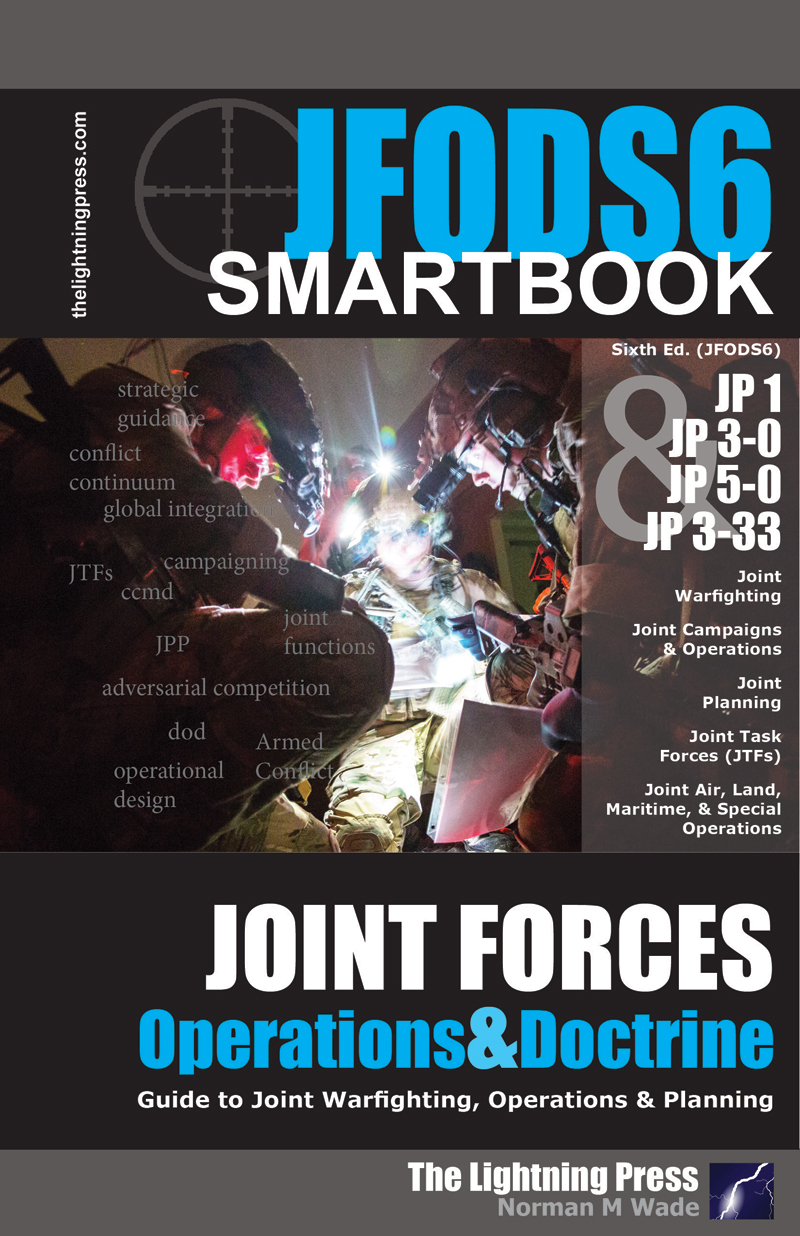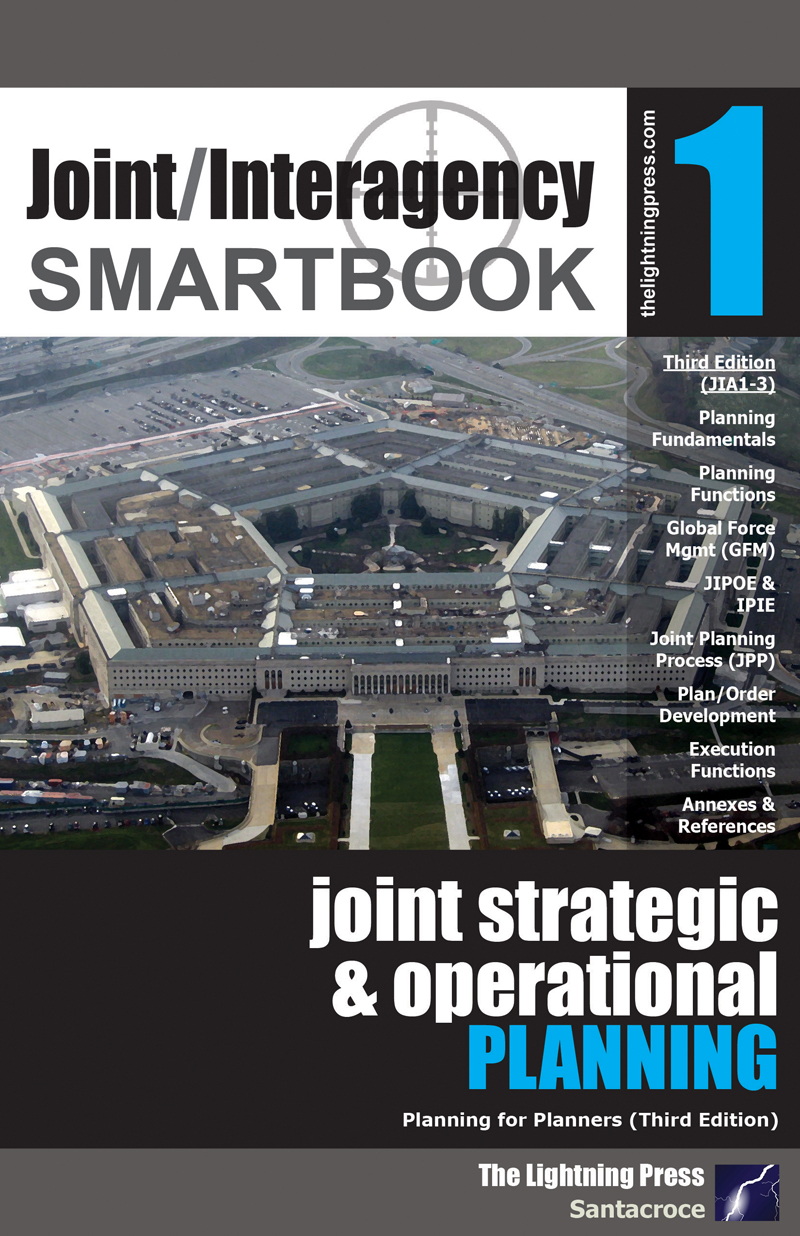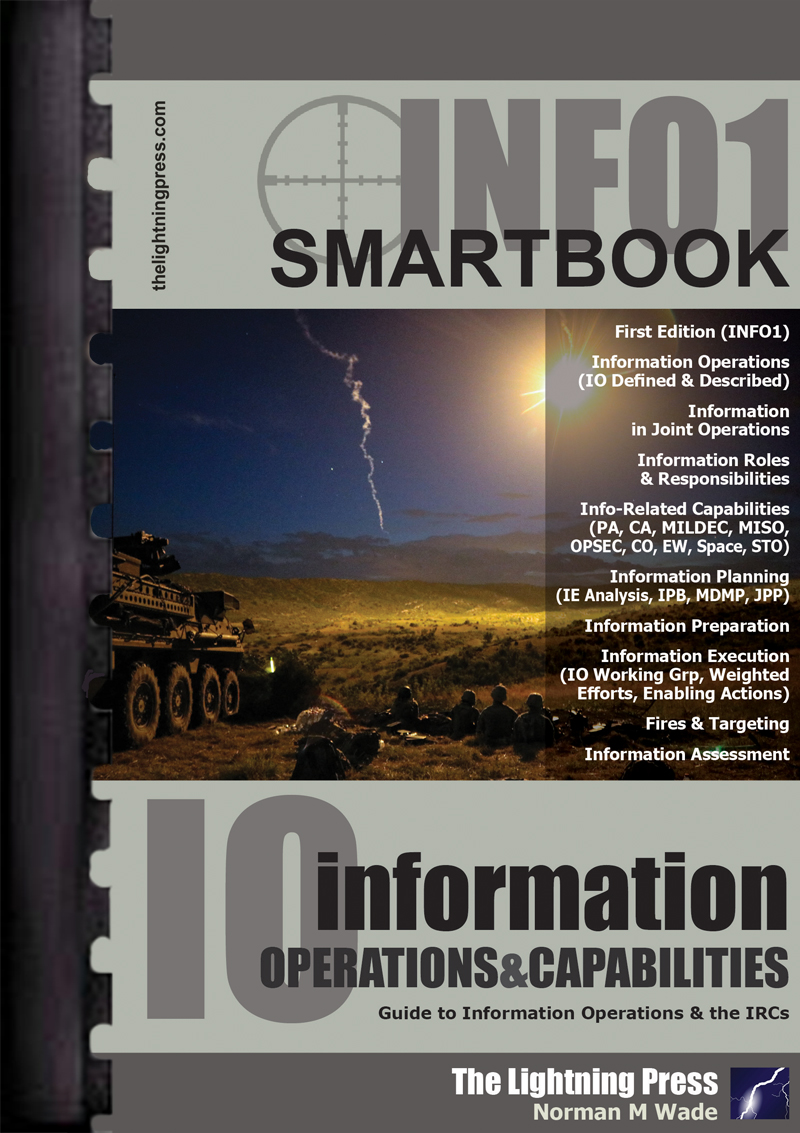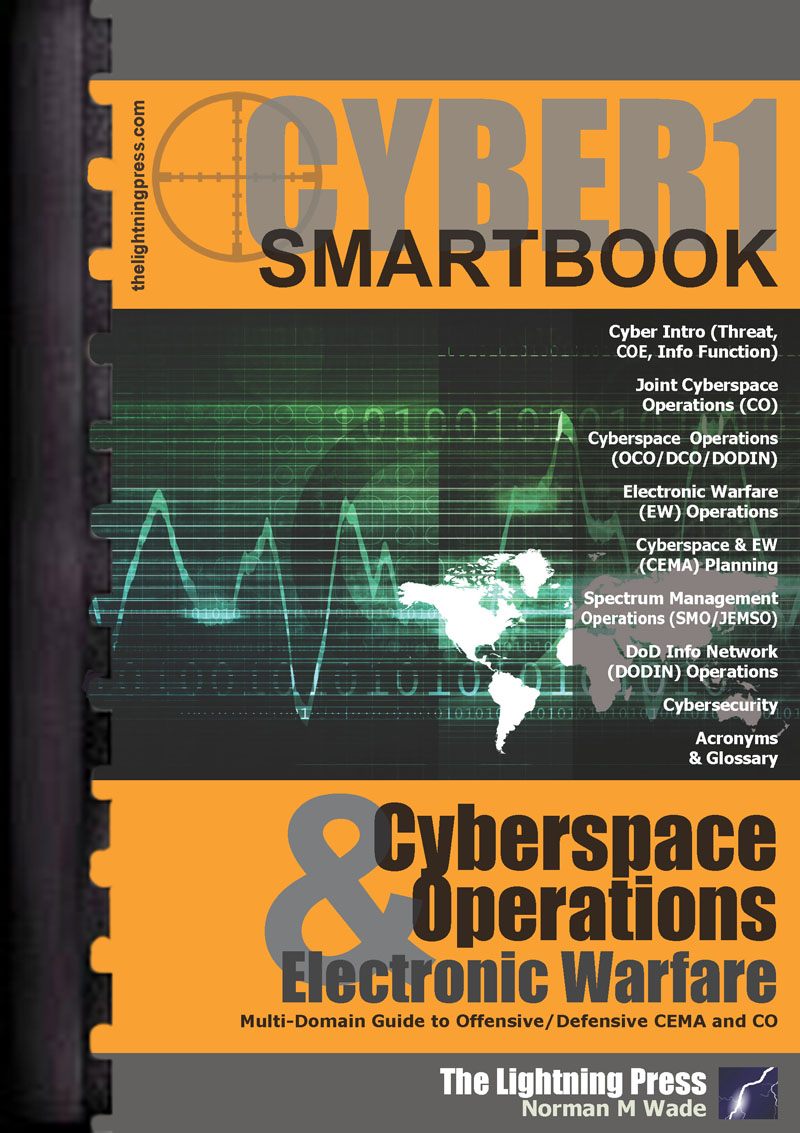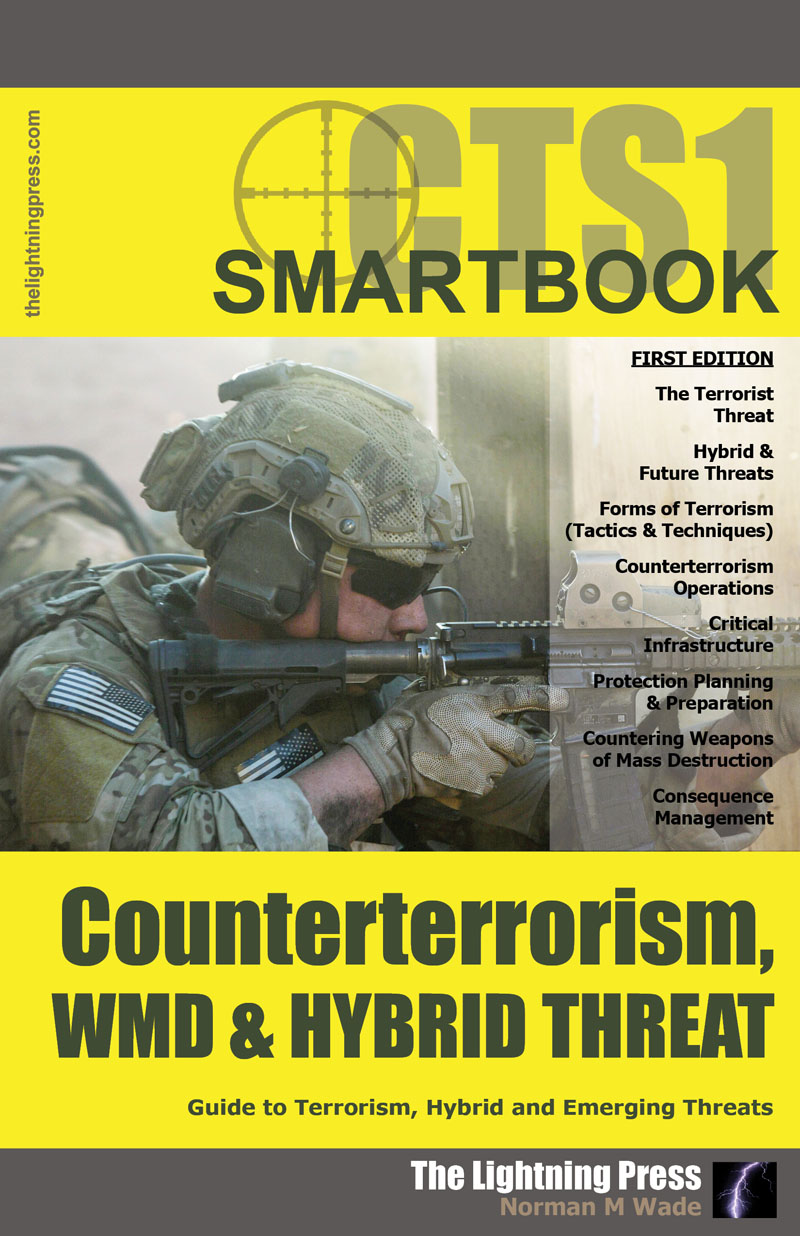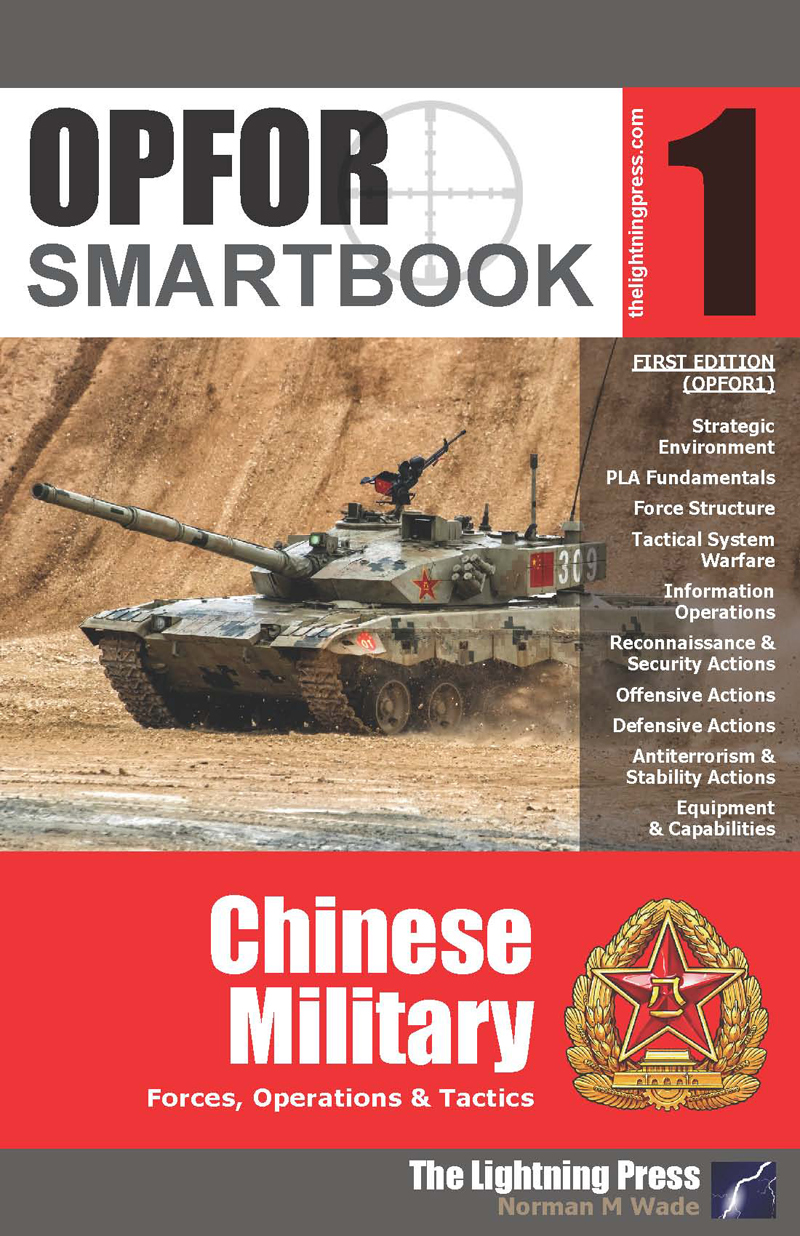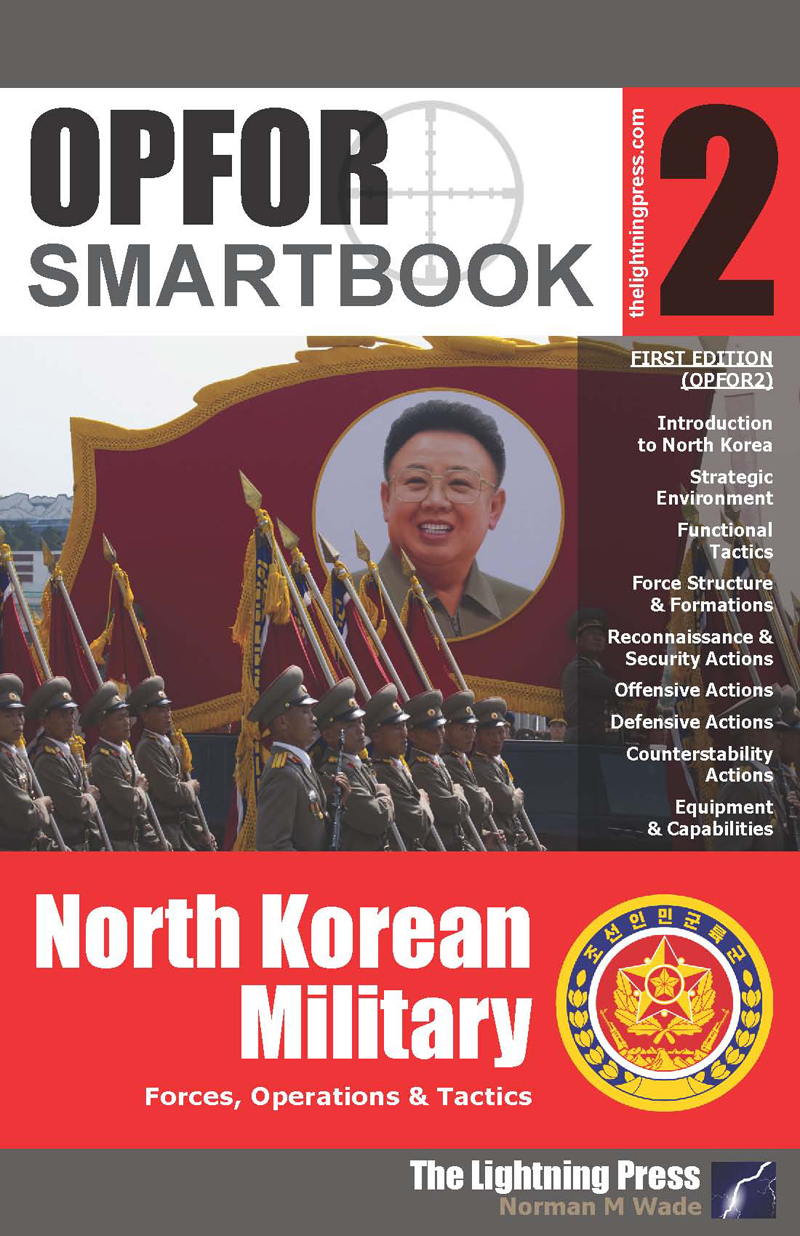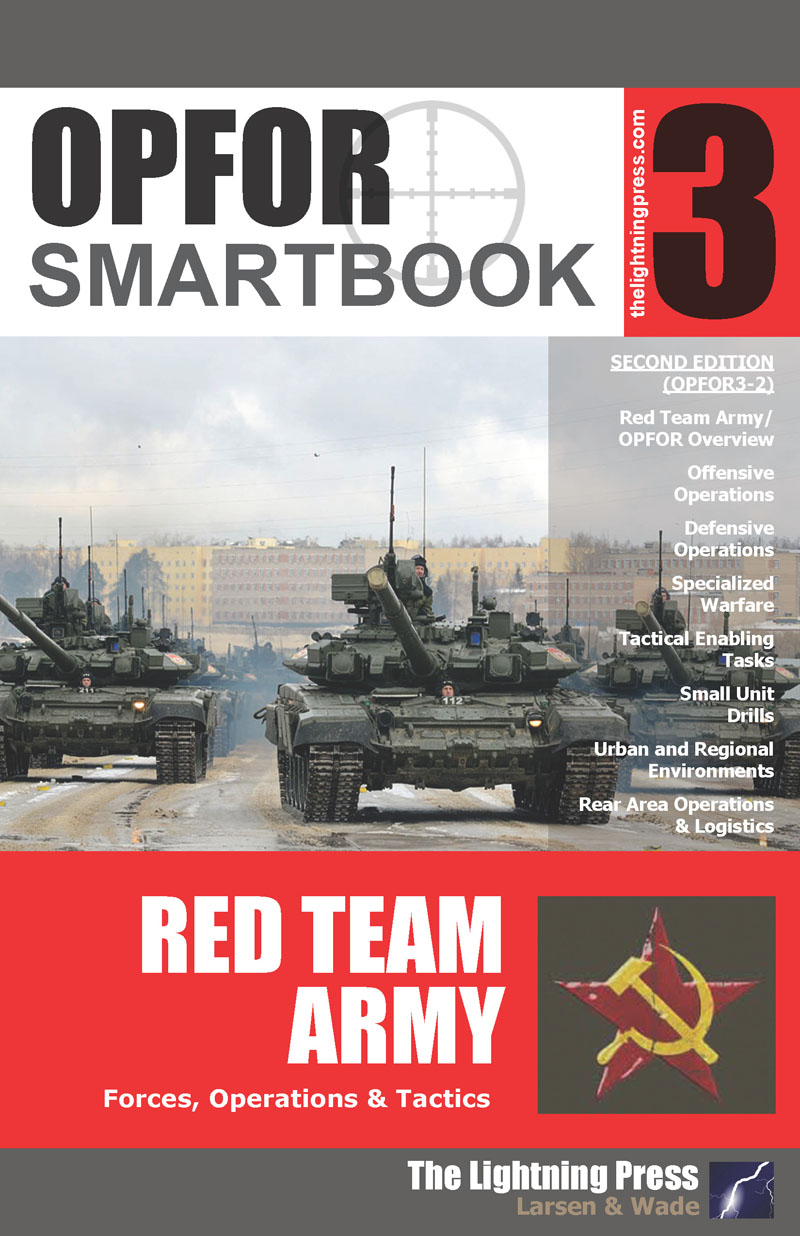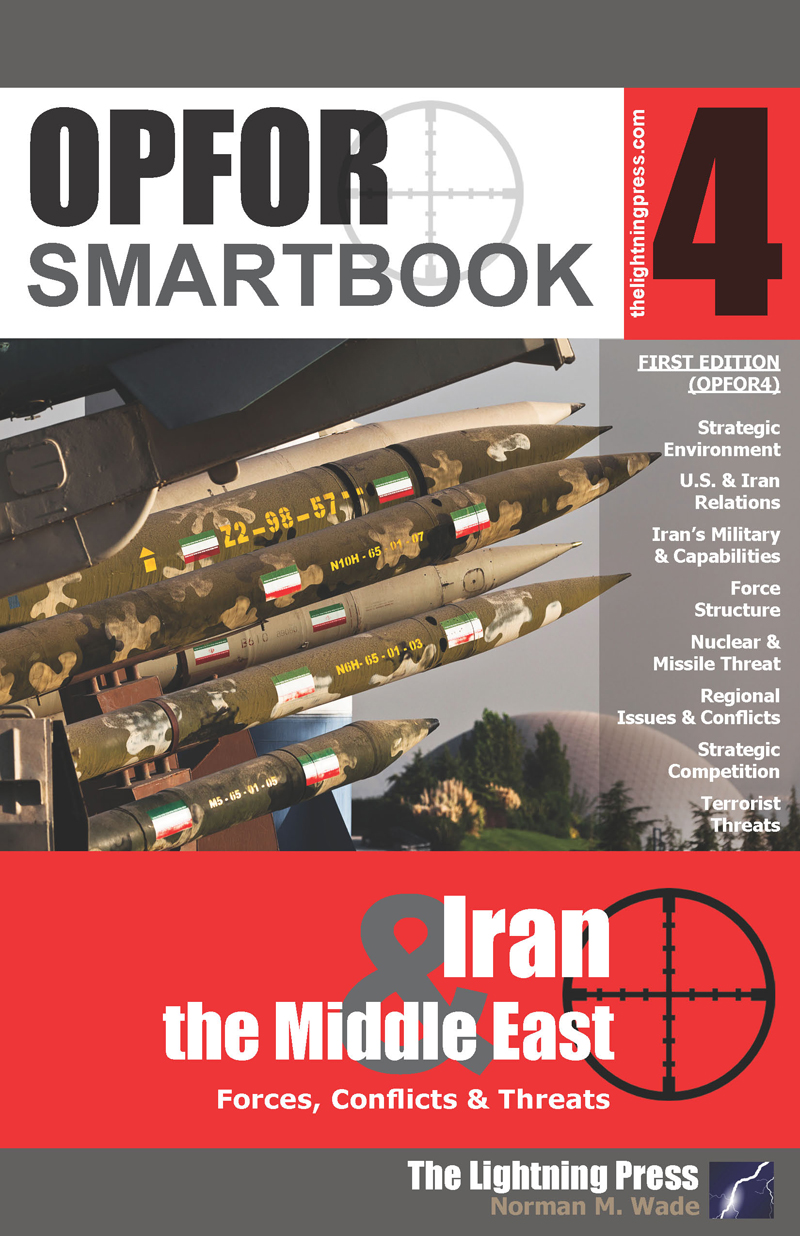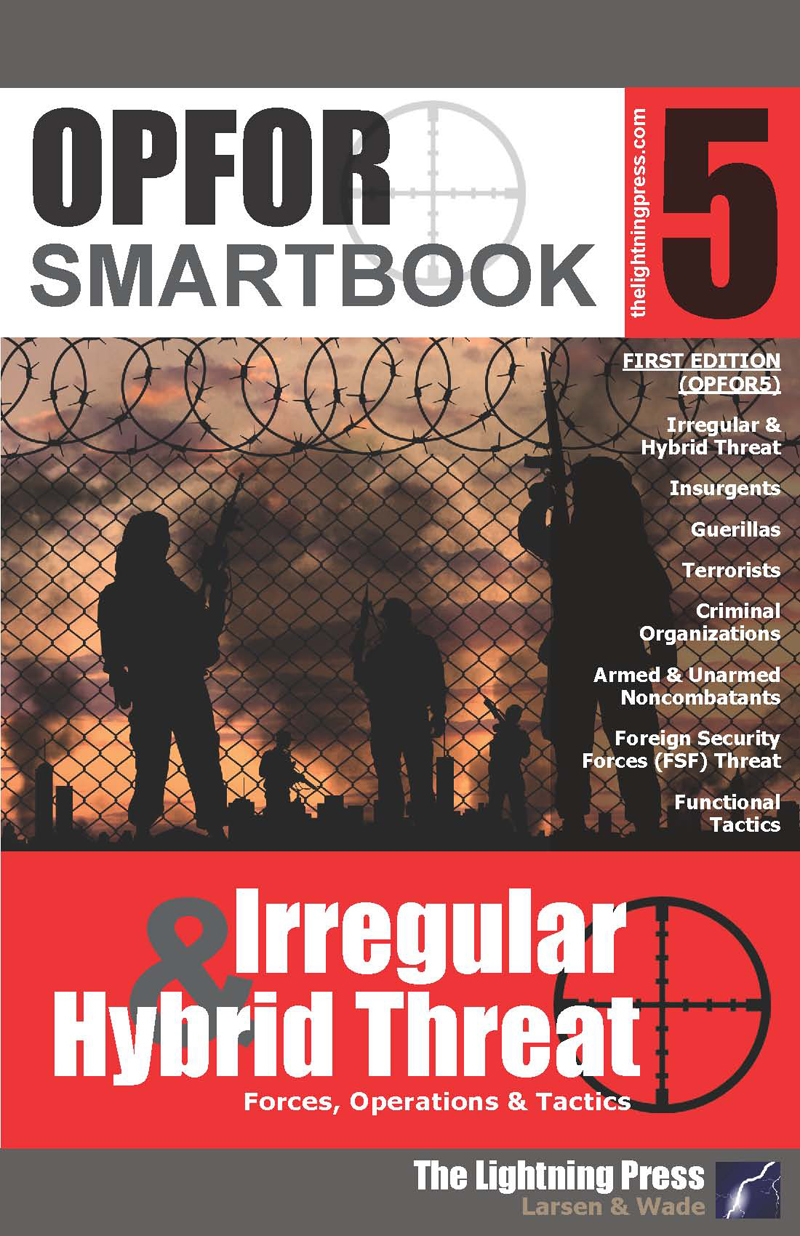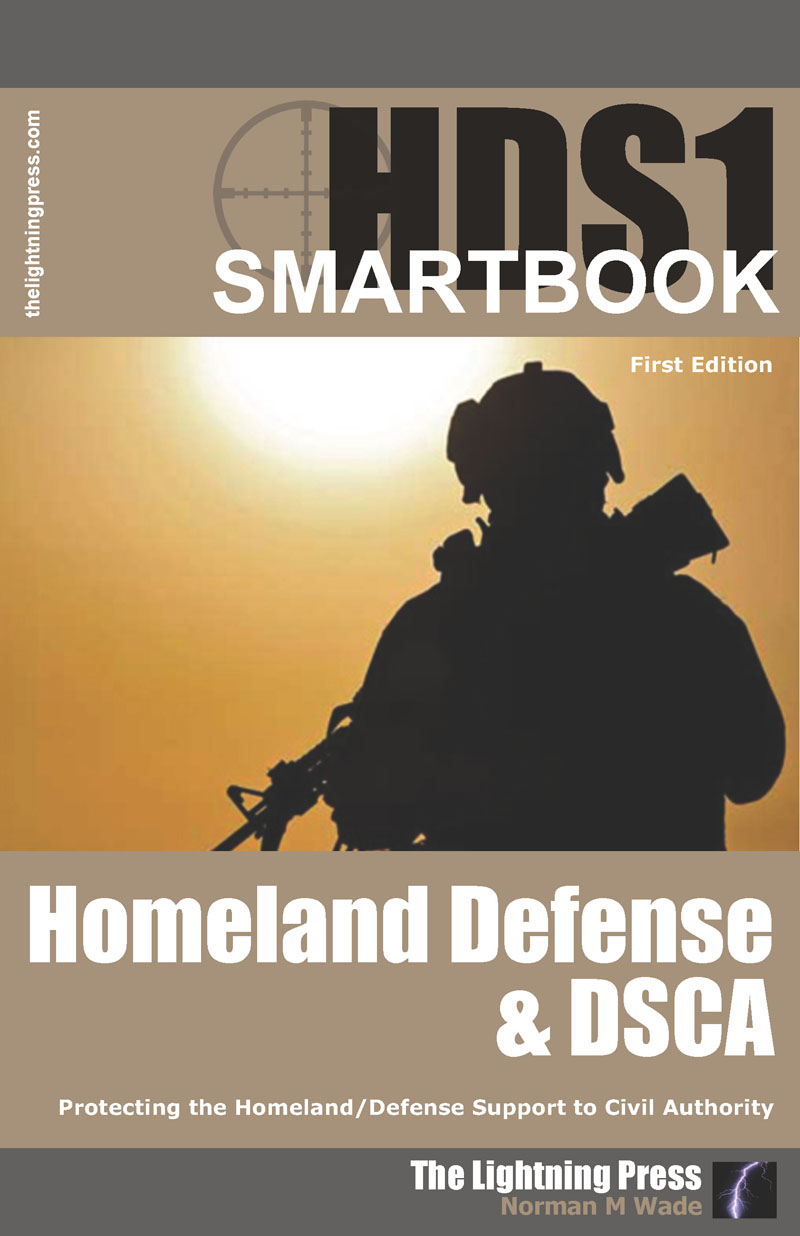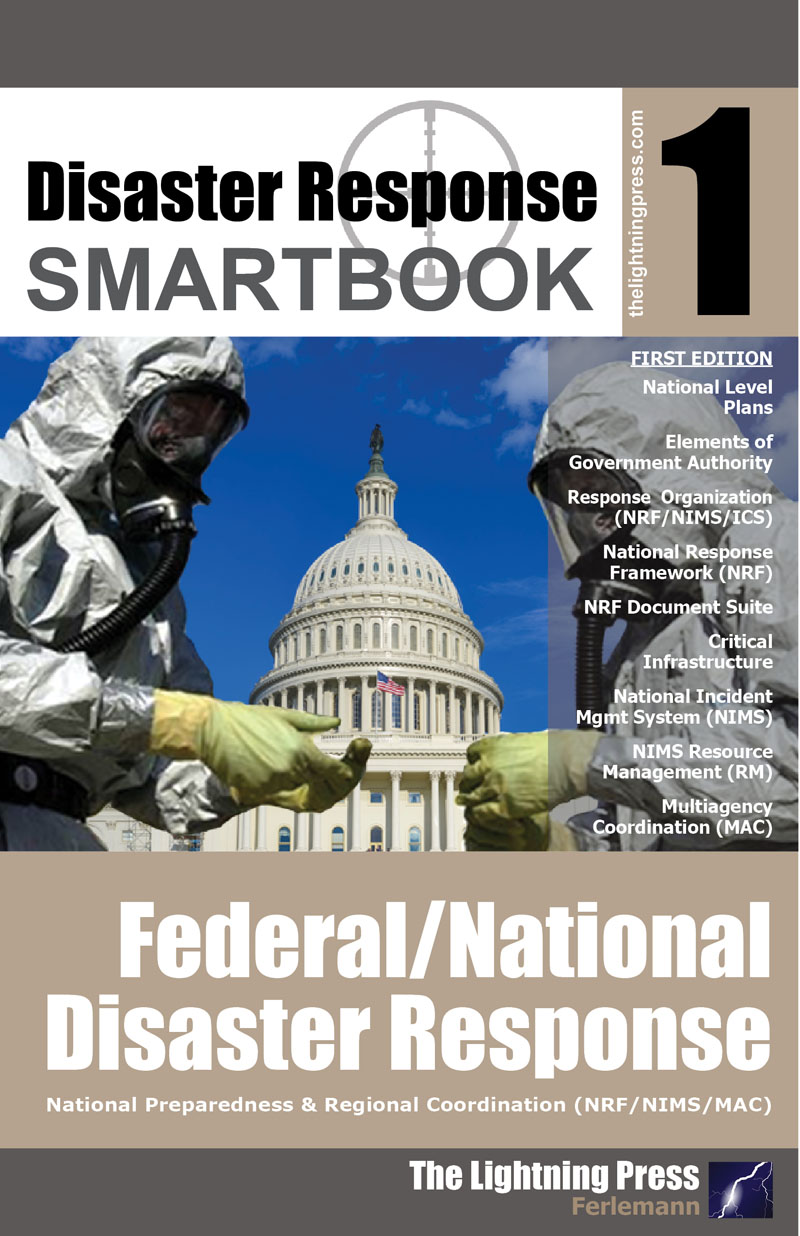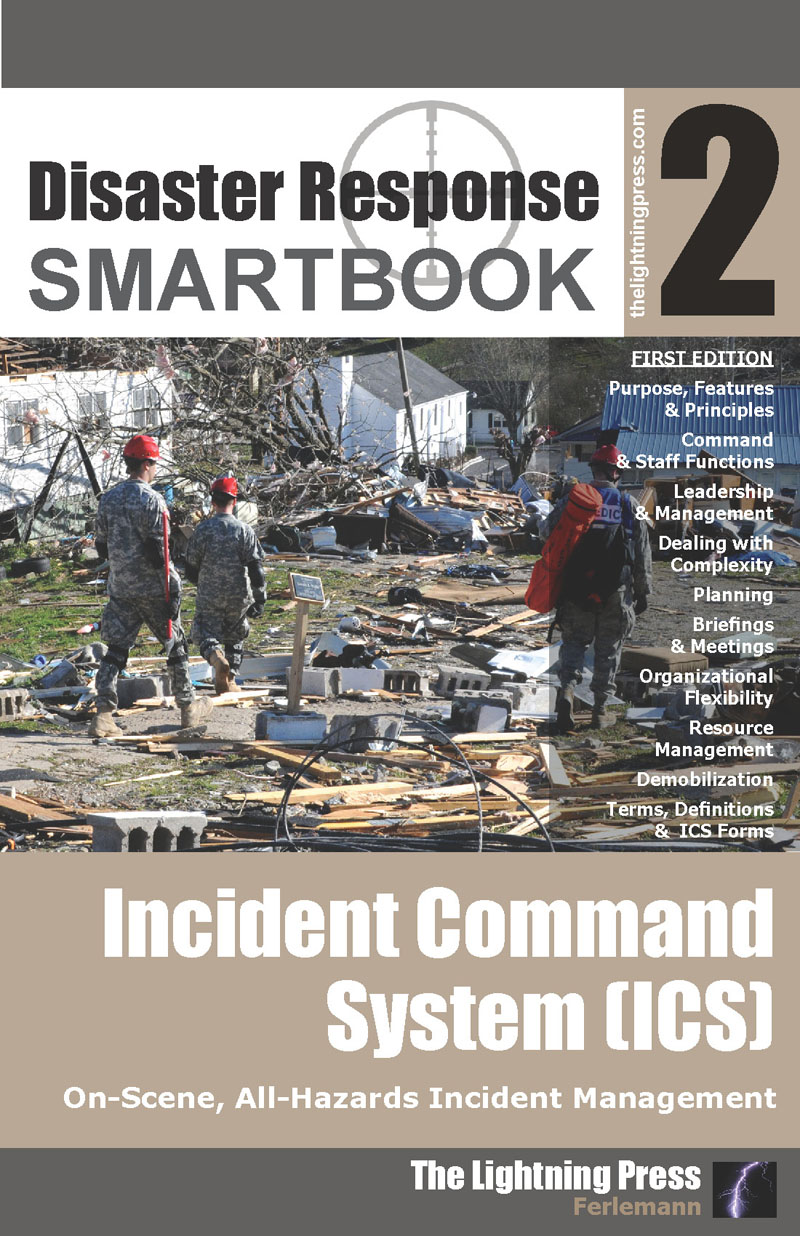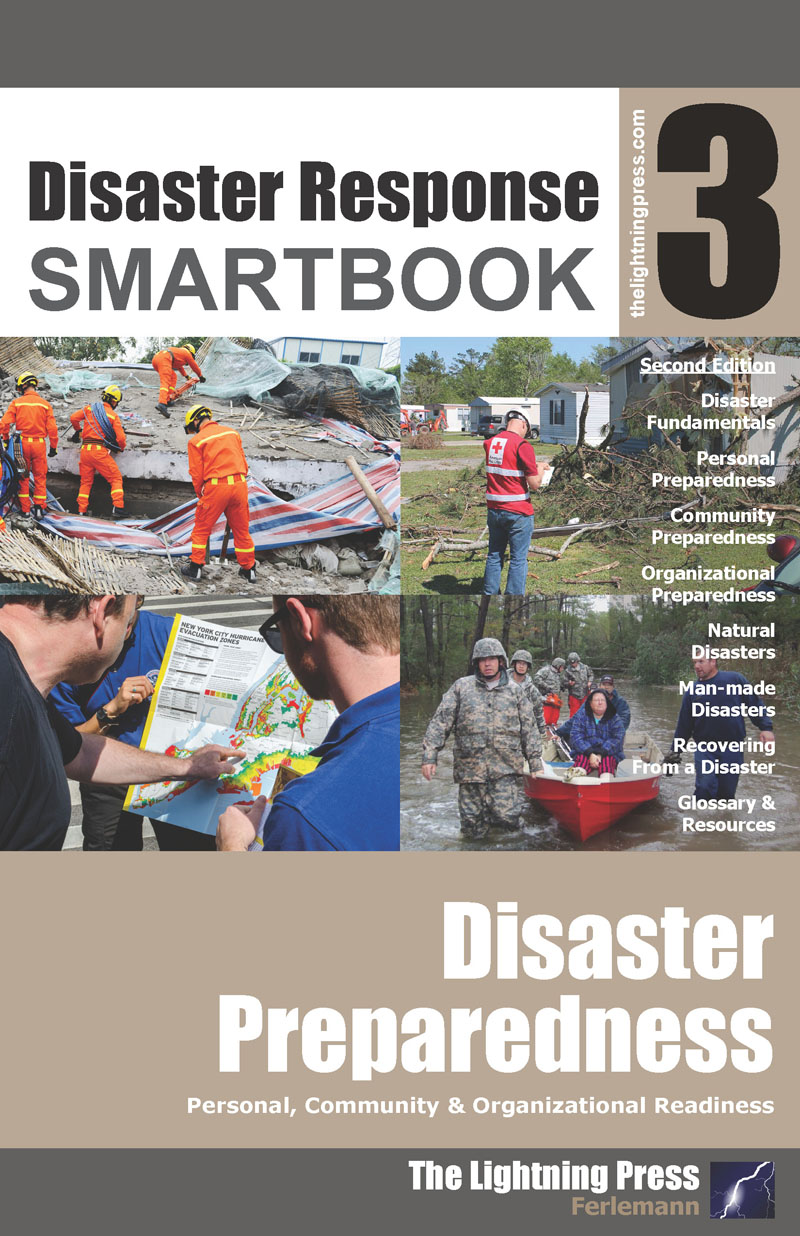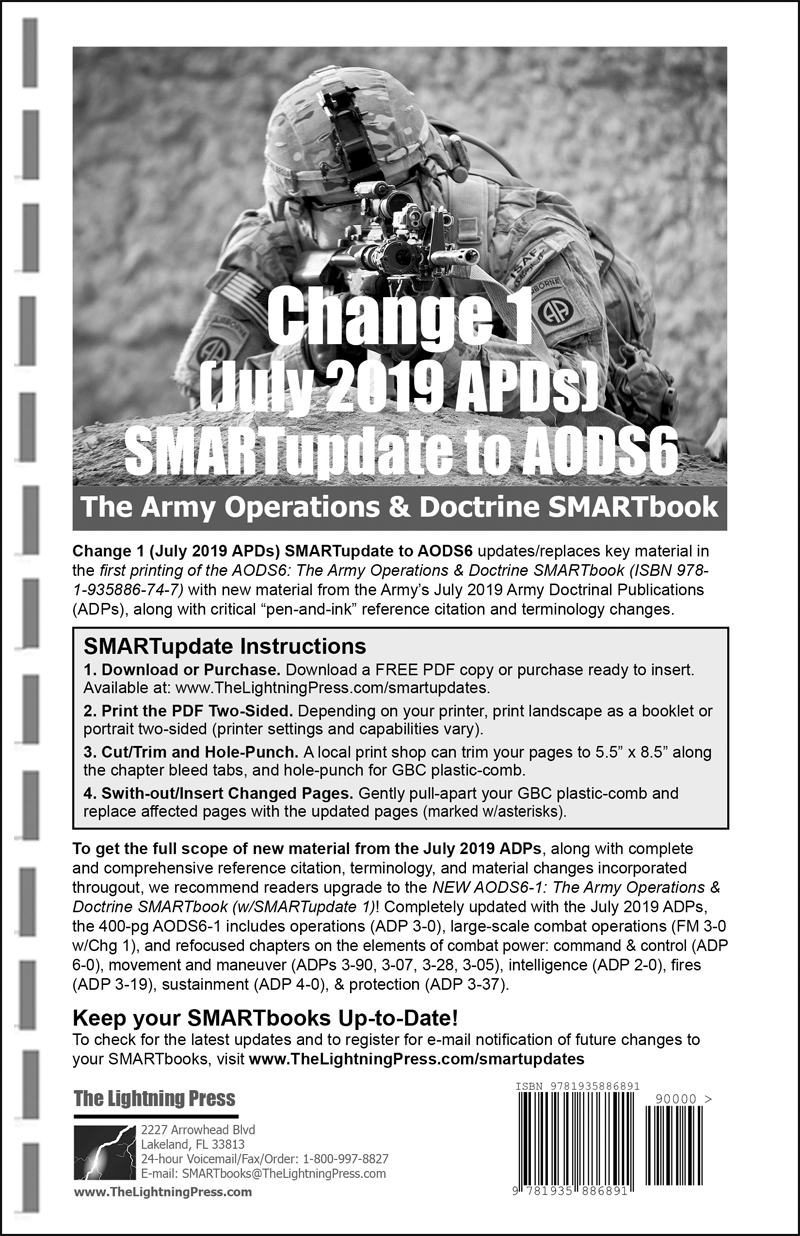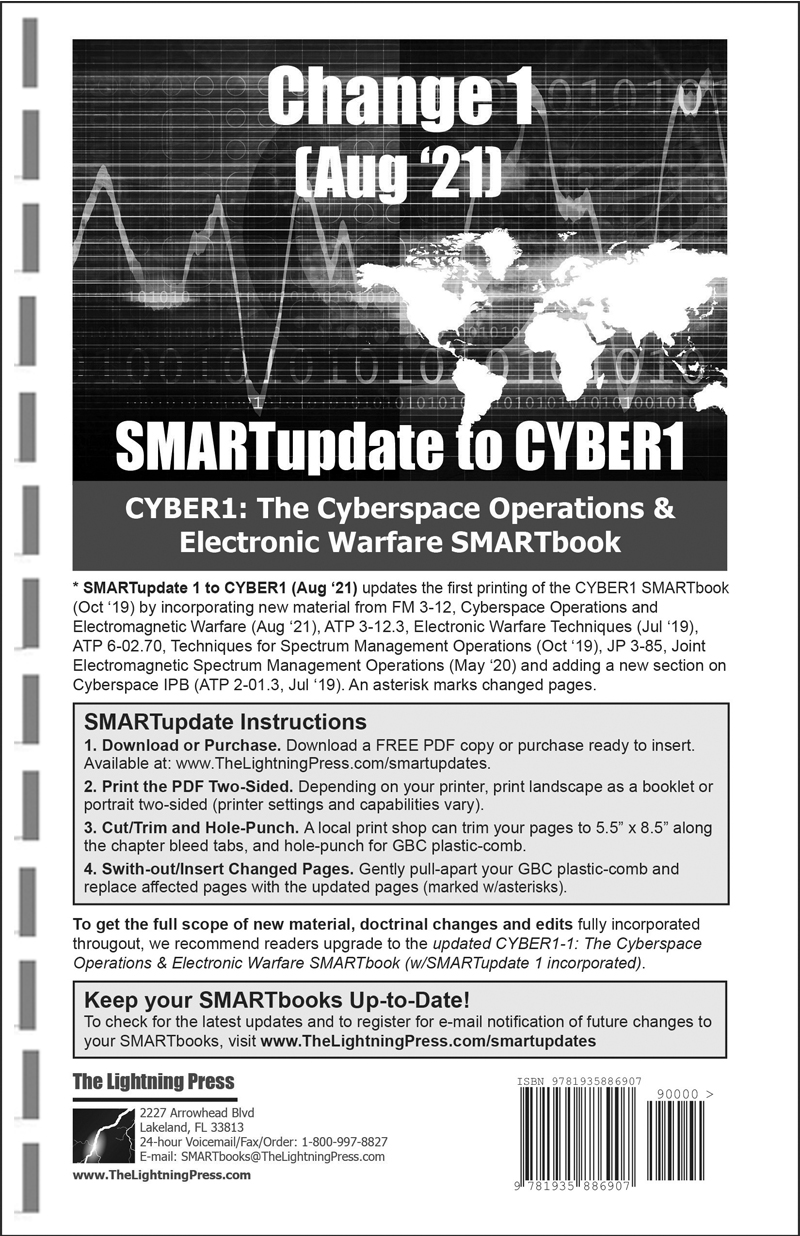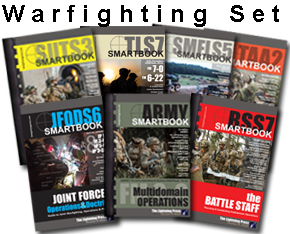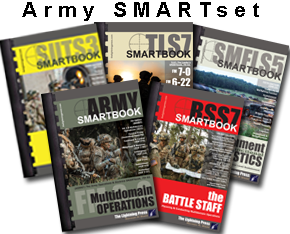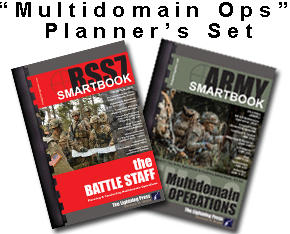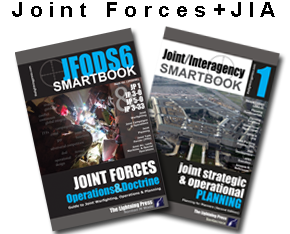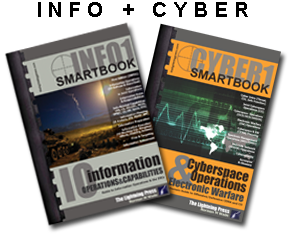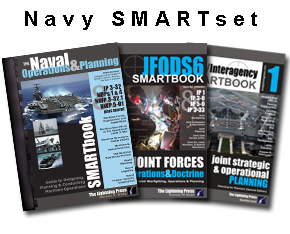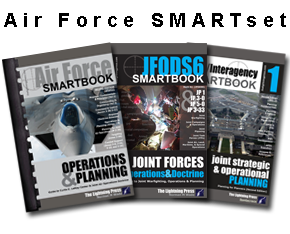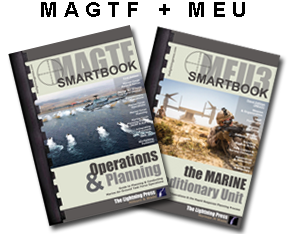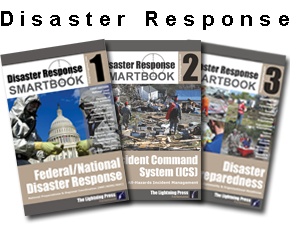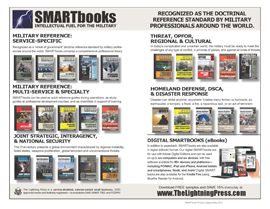Disaster can strike anytime, anywhere. It takes many forms—a hurricane, an earthquake, a tornado, a flood, a fire, a hazardous spill, or an act of terrorism. An incident can build over days or weeks, or hit suddenly without warning. The Incident Command System (ICS) helps ensure integration of our response efforts. ICS is a standardized, on-scene, all-hazards approach to incident management. ICS allows responders to adopt an integrated organizational structure that matches the complexities and demands of the incident while respecting agency and jurisdictional authorities.
ICS SMARTbook References and Training Resources
The Incident Command System (ICS) SMARTbook provides a detailed explanation of ICS as outlined in FEMA Emergency Management courses 100, 200, 300, 400, 700, 703, and 800; including 2015 updates. It is designed to serve as an introduction to ICS concepts, methods, and organization, as a pocket reference for experienced responders, or as a desk reference for emergency planners, community leaders, or any responder involved in the Multiagency Coordination process.
• ICS-100 Introduction to the Incident Command System: This independent study course introduces ICS and provides the foundation for higher level ICS training. It describes the history, features and principles, and organizational structure of the system. This course also explains the relationship between ICS and NIMS.
• ICS-200 ICS for Single Resources and Initial Action Incidents: This independent study course is designed to enable personnel to operate efficiently during an incident or event within the ICS. ICS-200 provides training and resources for personnel who are likely to assume a supervisory position within the ICS.
• ICS-300 Intermediate ICS for Expanding Incidents: ICS-300 provides training and resources for personnel who require advanced knowledge and application of the ICS. This course expands upon information covered in the ICS-100 and ICS-200 courses.
• ICS-400 Advanced ICS: This course provides training and resources for personnel who require advanced application of ICS. This course expands upon information covered in ICS-100 through ICS-300.
• IS-700 NIMS, an Introduction: This independent study course introduces the NIMS concept. NIMS provides a consistent nationwide template to enable all government, private-sector, and nongovernmental organizations to work together during domestic incidents.
• IS-703: NIMS Resource Management: This course introduces resource management as described in the NIMS, and shows how systems for managing resources can be used to improve incident response.
• IS-800 National Response Framework (NRF), an Introduction: The course introduces participants to the concepts and principles of the NRF.
• ICS Resource Center: https://training.fema.gov/emiweb/is/icsresource/index.htm
• ICS Review Material: https://training.fema.gov/emiweb/is/icsresource/assets/reviewmaterials.pdf
• ICS Position Checklists: https://training.fema.gov/emiweb/is/icsresource/positionchecklists.htm
• ICS Forms (Word Fillable): https://training.fema.gov/emiweb/is/icsresource/icsforms.htm
Why use ICS?
A poorly managed incident response can undermine our safety and well-being. With so much at stake, we must effectively manage our response efforts. Although most incidents are handled locally, partnerships among Local, Tribal, State, and Federal agencies as well as nongovernmental and private-sector organizations may be required. As partners, we must respond together in a seamless, coordinated fashion.
The importance of ICS is that it provides for consistency of method and coordination of effort so that all responders are using the same standardized terminology, interoperable technologies, organizational structure, and management techniques. This allows any responder to have a common understanding and expectation of how agencies and departments will organize when working together to response to an incident. This commonality of knowledge, structure, and function provides a level of functionality that can expand and interact as the needs of the situation demand.
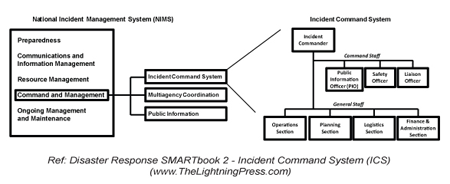
The Incident Command System (ICS) SMARTbook provides a detailed explanation of ICS as outlined in FEMA Emergency Management courses 100, 200, 300, 400, 700, 703, and 800; including 2015 updates. It is designed to serve as an introduction to ICS concepts, methods, and organization, as a pocket reference for experienced responders, or as a desk reference for emergency planners, community leaders, or any responder involved in the Multiagency Coordination process.
The need for, and development of, a standardized method of incident response was based upon the lessons learned following a series of catastrophic fires in California in the 1970s. Property damage ran into the millions, and many people died or were injured. The personnel assigned to determine the causes of these disasters studied the available records and discovered that response problems could rarely be attributed to lack of resources or failure of tactics. The failures that caused death and destruction was specifically found in the lack of effective communication and the lack of coordination of effort.
The development and application of ICS enabled responders to avoid these weaknesses in all types of incident responses. ICS was so effective it’s now required by law. The use of ICS is mandated by the National Incident Management System (NIMS).
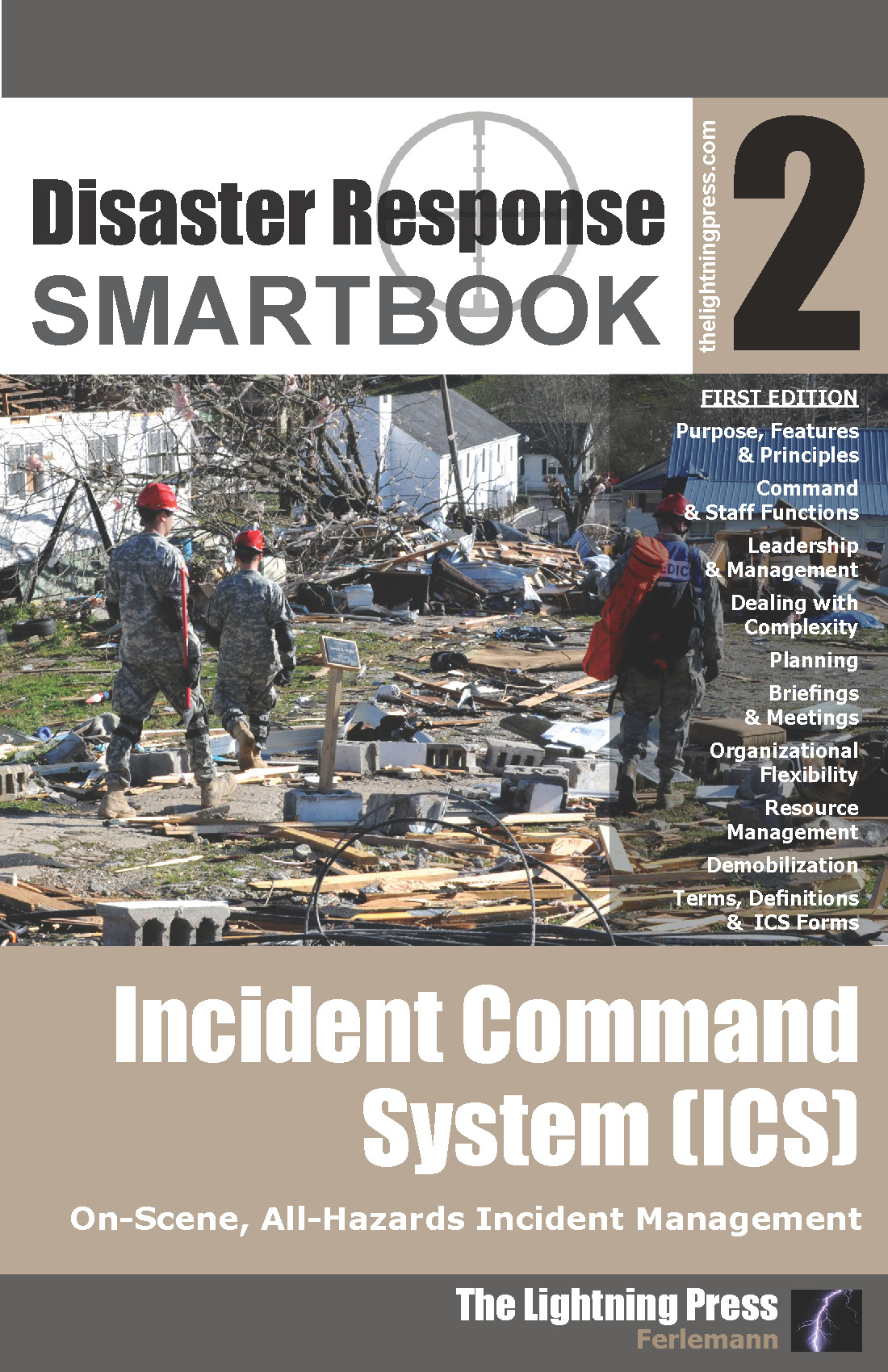 This article is an extract from “Disaster Response SMARTbook 2: Incident Command System (On-Scene, All-Hazards Incident Management)” by The Lightning Press. Download a free PDF sample and learn more at: Disaster Response SMARTbook 2: Incident Command System (On-Scene, All-Hazards Incident Management). Read more about Homeland Defense (HD), Homeland Security (HS), and Defense Support of Civil Authorities (DSCA) in “HDS1: The Homeland Defense & DSCA SMARTbook (Protecting the Homeland / Defense Support to Civil Authority)“.
This article is an extract from “Disaster Response SMARTbook 2: Incident Command System (On-Scene, All-Hazards Incident Management)” by The Lightning Press. Download a free PDF sample and learn more at: Disaster Response SMARTbook 2: Incident Command System (On-Scene, All-Hazards Incident Management). Read more about Homeland Defense (HD), Homeland Security (HS), and Defense Support of Civil Authorities (DSCA) in “HDS1: The Homeland Defense & DSCA SMARTbook (Protecting the Homeland / Defense Support to Civil Authority)“.
Browse additional reference articles in our SMARTnews Blog & Resource Center.
About The Lightning Press SMARTbooks. Recognized as a “whole of government” doctrinal reference standard by military, national security and government professionals around the world, SMARTbooks comprise a comprehensive professional library. SMARTbooks can be used as quick reference guides during operations, as study guides at education and professional development courses, and as lesson plans and checklists in support of training. Browse our collection of Reference SMARTbooks to learn more.

